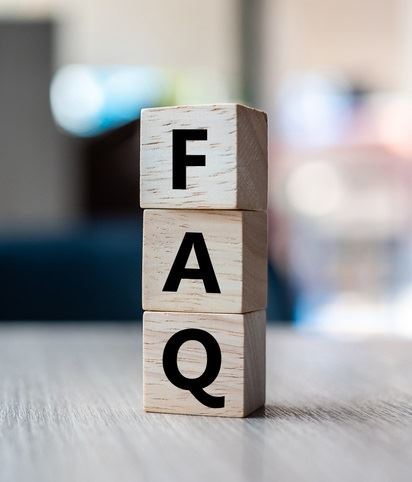Frequently Asked Questions About Celiac Disease in Children
Below are some commonly asked questions about celiac disease in children, answered by celiac specialists at RWJBarnabas Health’s Pediatric Celiac Disease Center.
 I think my child has celiac disease. Should I stop my child from eating gluten?
I think my child has celiac disease. Should I stop my child from eating gluten?
Please do not stop your child from eating gluten until they are evaluated by a pediatric gastroenterologist with expertise in celiac disease.
Typically, the screening test for celiac disease is an antibody test (blood test). This often does not confirm the diagnosis. An accurate diagnosis usually requires an upper endoscopy while your child is still eating gluten. Stopping gluten consumption prior to an accurate diagnosis can lead to results that are not accurate, or delay the time to diagnosis.
Request an appointment with a gastroenterologist at our Pediatric Celiac Disease Center to help determine the diagnosis.
What is gluten?
Gluten is a protein found in wheat, barley and rye. It is commonly found in breads, pastas, cereals and many processed foods.
How common is celiac disease?
Celiac disease affects about 1 to 2 in 100 people worldwide. It can develop at any age after people start eating foods or medications that contain gluten.
How is celiac disease diagnosed?
Celiac disease is diagnosed through a combination of blood tests and a biopsy of the small intestine. The blood tests look for specific antibodies that are typically elevated in people with celiac disease. If these tests are positive, an endoscopic biopsy is performed to confirm the diagnosis by checking for damage to the intestinal villi.
Is there a cure for celiac disease?
Currently, there is no cure for celiac disease. The only effective treatment is a strict, lifelong gluten-free diet, which helps to heal the intestinal lining and prevent further damage.
What is a gluten-free diet?
A gluten-free diet involves avoiding all foods that contain wheat, barley and rye. This includes many common foods such as breads, pastas, cereals and baked goods. Instead, individuals with celiac disease can eat naturally gluten-free foods such as fruits, vegetables, meat, fish, rice and potatoes. There are also many gluten-free alternatives available for traditionally gluten-containing foods.
Our dietitians can help your family create a balanced and nutritious gluten-free meal plan.
What foods should my child avoid?
Children with celiac disease should avoid all foods and drinks containing wheat, barley, rye and any derivatives. This includes:
- Bread and baked goods made with gluten
- Pasta and cereals containing gluten
- Certain sauces, dressings and soups (check labels for hidden gluten)
Always look for certified gluten-free labels on packaged foods.
How can I ensure that my child follows a gluten-free diet?
Ensuring your child follows a gluten-free diet involves reading food labels carefully, teaching your child about which foods are safe and which are not, and finding suitable gluten-free alternatives. It's also important to educate family members, teachers and caregivers about your child's dietary needs.
Can my child live a normal life with celiac disease?
Yes, with proper management and a strict gluten-free diet, children with celiac disease can live healthy and normal lives. It is essential to provide support and education to help them understand their condition and make informed food choices.
Are there any complications associated with celiac disease?
If left untreated, celiac disease can lead to various complications, including:
- Malnutrition due to poor absorption of nutrients
- Bone health issues such as osteoporosis
- Increased risk of other autoimmune disorders
- Growth and developmental delays in children
- Increased risk of certain cancers
Can my child outgrow celiac disease?
Celiac disease is a lifelong condition, and currently, there is no way to outgrow it. However, adherence to a strict gluten-free diet can help manage symptoms and prevent complications.



